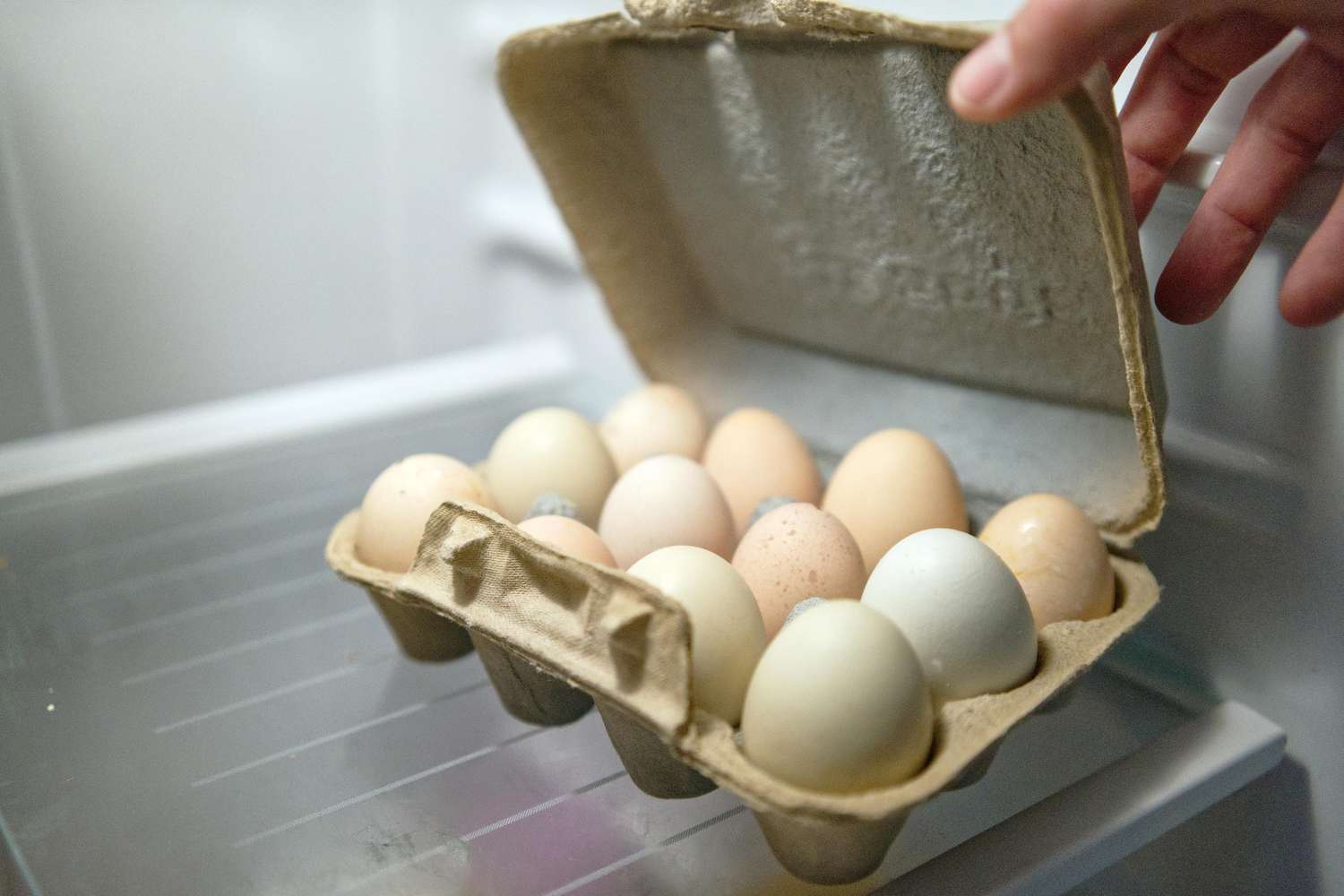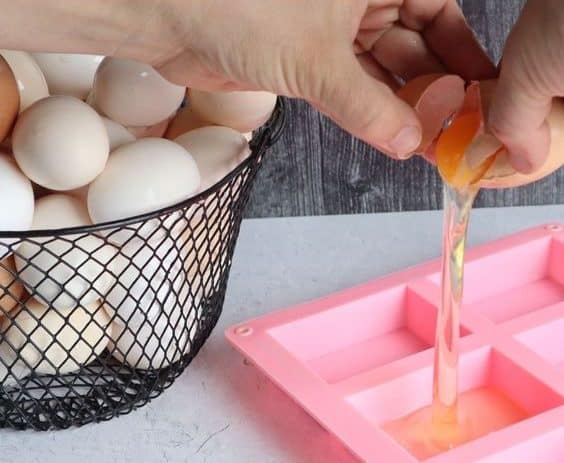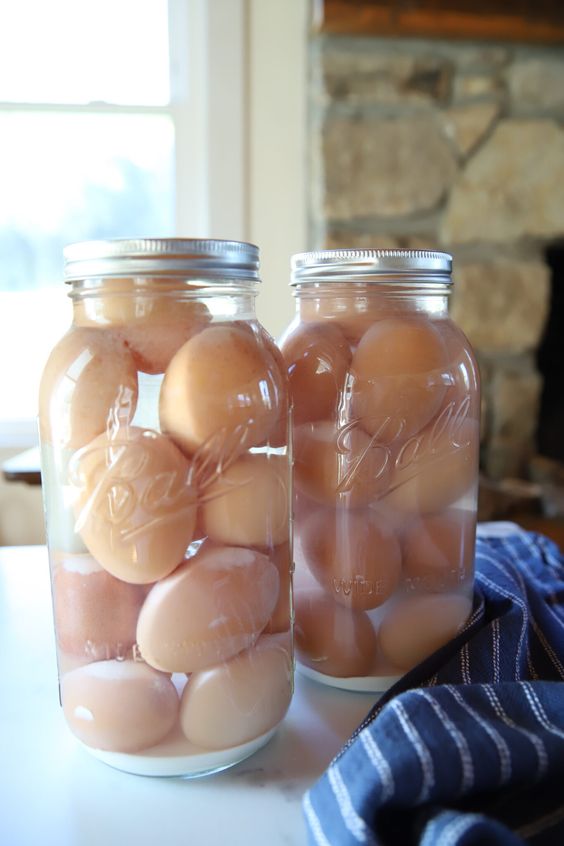Eggs, a kitchen staple, play a crucial role in countless recipes. Ever wondered how long you can keep eggs in the refrigerator while maintaining their freshness?

Join us as we crack the code on egg storage and explore some ingenious tips to keep them at their best.
From shelf life to storage tricks, let’s ensure your eggs remain a reliable and versatile ingredient in your culinary adventures.
How to recognize Egg Freshness:
The best way to know if an egg is still good is to go by the date code on the package that it came in. However, if you have an egg and are unsure about that date, another way to test it is to place it in a bowl or glass filled with cold water.

Any eggs that are too old to eat and should be discarded will float to the surface. Once enough oxygen has had time to permeate the shell, it forms an air pocket large enough to keep the egg afloat in water.
Along with the water test, there are a few more quick ways to tell if an egg is good or bad.
Smell: If you crack open an egg and immediately notice a pungent smell, it’s probably safest to toss the egg.
Appearance: After open an egg, look at the inside of the shell for black or brown spots, which can indicate mold. Thus, dark brown or red specks (blood spots) floating in the egg white or clinging to the yolk are not an indication of spoilage and are completely safe to eat or remove with a spoon.
How Long Can You Store Eggs in the Refrigerator?
Eggs have a safe refrigeration window of three to five weeks from the day of placement in the refrigerator. It’s common for the “Sell-By” date to expire within this period, but rest assured, the eggs remain perfectly safe for consumption.

It’s advisable to purchase eggs before the “Sell-By” or EXP (expiration) date indicated on the carton. To ensure their safety, promptly transport eggs home and store them in a refrigerator set at 40°F or slightly below.
Storage Instructions:
- Maintain their freshness by leaving them in their carton and positioning them in the coldest section of the refrigerator, avoiding the door for optimal temperature stability. If hard-cooked, eggs can be safely stored for up to a week in the refrigerator.
- Keep eggs refrigerated at a temperature of 40°F or lower. Store them in their original carton, ideally on an interior shelf, and away from strongly aromatic foods. Interior shelves maintain a more stable temperature compared to the frequently opened and closed door. The original carton serves a dual purpose: it shields the eggs from absorbing odors or flavors from neighboring foods and helps prevent moisture loss.
For raw eggs removed from their shells, ensure refrigeration in a tightly sealed container.
Whole egg yolks stored in the refrigerator should be covered with water to prevent dehydration; be sure to drain them before use to maintain optimal freshness. Following these guidelines ensures the longevity and quality of your stored.
Freezer Storage Instructions:
Should you find yourself with an excess of eggs that surpass your immediate needs, freezing them is a viable option, provided they are fresh and clean.

To freeze eggs, crack them out of their shells and place them in freezer containers. Seal the containers tightly, and label them with the quantity of eggs, whether whites or yolks, and the date of freezing. When ready to use, defrost the frozen overnight in the refrigerator for optimal results.
Water Glassing Eggs:
During the warmer months of the year, we find ourselves with an overabundance of farm fresh eggs. There have been years that we collected so many, that we could not keep up with them or even give them away. This year, we discovered the water glassing eggs method to help preserve our extra.

Delicate as they are, eggs require proper storage. Dive into the art of storing eggs in the refrigerator, understanding the role of temperature, humidity, and the importance of keeping them in their original carton.
As we conclude our exploration of egg storage, you’re now armed with knowledge to keep fresh and your culinary creations thriving. From understanding freshness labels to mastering the water test and practicing proper storage techniques, you’ve gained valuable insights.





